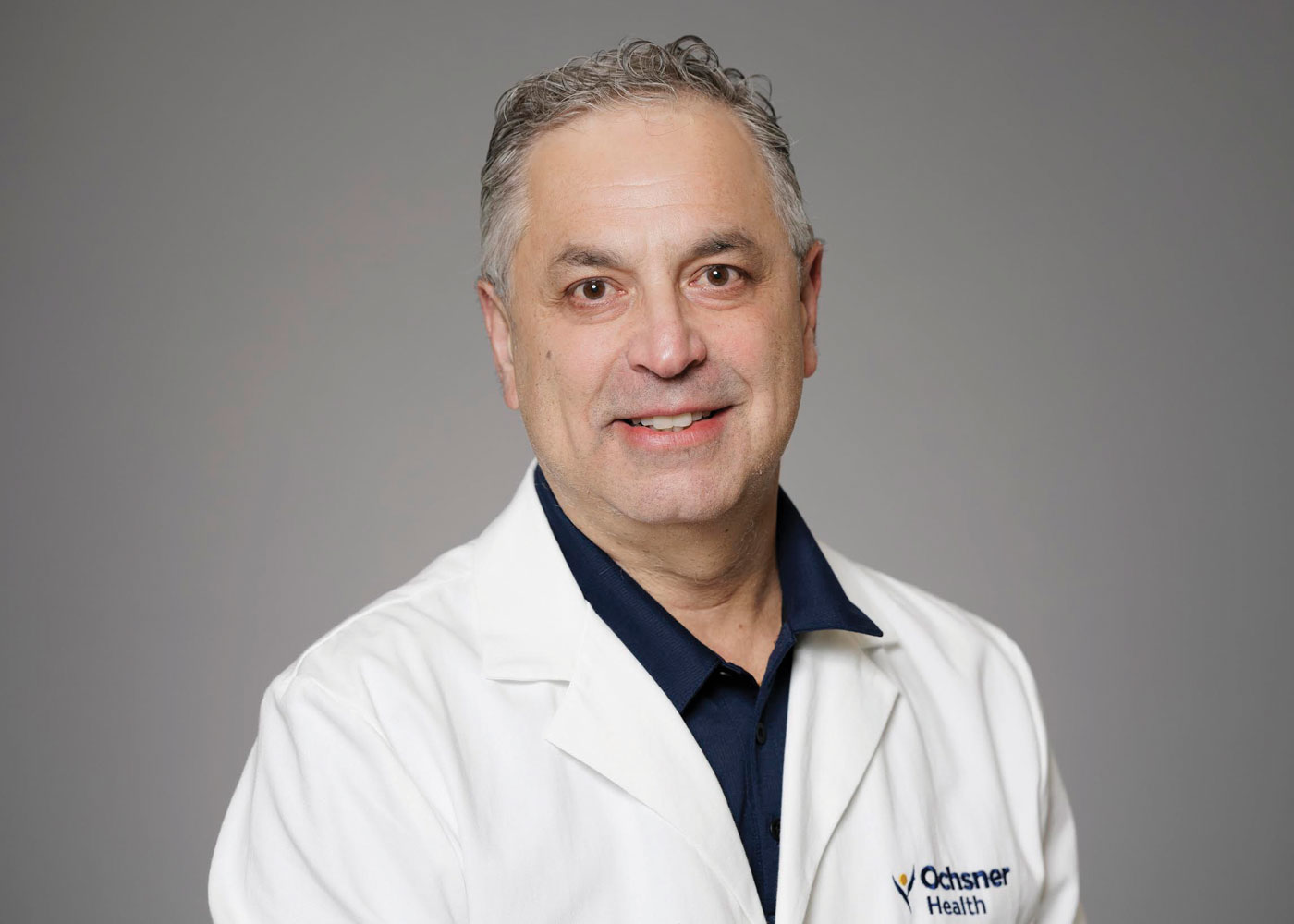By Dr. Magdy G. Mikhail

Cholesterol often is synonymous in people’s minds with blocked arteries, heart attacks and strokes. However, cholesterol is an important part of a healthy body. The liver produces the waxy, fat-like substance that helps your body produce new cells, repair damaged tissue and produce hormones like estrogen. We also get cholesterol from some of the foods we eat.
The problem arises when your body has too much of the wrong kinds of cholesterol. High levels of bad cholesterol can cause arterial plaque buildup, which can reduce blood flow. The result is an increased risk for heart disease, heart attack or stroke.
And despite some misconceptions, high cholesterol is not just an “older person’s problem.” The Centers for Disease Control and Prevention recommends that children have their cholesterol checked between the ages of 9 and 11, and again between ages 17 and 21. Children who have more risk factors, like obesity or diabetes, need their cholesterol checked more often.
GOOD AND BAD CHOLESTEROL: WHAT’S THE DIFFERENCE?
Doctors check cholesterol levels with a blood test known as a lipid profile. The test will evaluate low-density lipoprotein (LDL), high-density lipoprotein (HDL) and triglycerides. Low-density lipoprotein, better known as LDL, is the bad cholesterol that causes plaque buildup in the arteries, leading to a possible heart attack or stroke. High-density lipoprotein, or HDL, is the good cholesterol and can lower your risk of heart disease and stroke. Triglycerides are a fat in our blood that our body uses for energy. The amount of cholesterol in your blood is based on your LDL, HDL and triglyceride numbers.
What are good and bad numbers? To stay healthy, you want a total cholesterol level of about 150 mg/dL. If that number exceeds 200 mg/dL, you have high cholesterol and need to act to lower it. First, you need to look at what causes high cholesterol. Type 2 diabetes and obesity are two common factors. Lifestyle also plays a role. If your diet consists of high-fat foods and you don’t get enough exercise, those factors can raise your risk. High cholesterol can also be genetic.
TIPS FOR LOWERING YOUR CHOLESTEROL
- If you are trying to lower your cholesterol, there are foods you should avoid or have in moderation, such as red meats like beef and pork, as well as full-fat dairy products like whole milk, cream and butter. Baked goods and treats are not part of a healthy cholesterol diet, and you also will want to avoid fried foods.
- Incorporate natural foods like spinach and leafy green vegetables into your diet. Beans, sweet potatoes, broccoli and other vegetables are high in fiber and great for you. Stock up on fruits and berries. Apples, oranges, strawberries and other fruits will help keep your cholesterol in check, too. Add nuts like almonds to your shopping list. When cooking, use olive oil. Eat skinless chicken or turkey. Try fish like salmon and tuna.
- Once you have eaten a healthy meal, go for a walk. Walking is one of the best exercises to lower your cholesterol. If you feel like picking up the pace, go for a jog or run. Swimming, biking and yoga are also great exercises. Do not forget your strength training. Lifting weights will help keep your cholesterol numbers lower.
- Doing all this exercise means you’ll need to stay well hydrated. A recent study showed that water may help control cholesterol levels.
These changes won’t impact your cholesterol levels overnight. It will take about three to six months before you will notice a change. If a diet and exercise adjustment don’t help, your doctor may prescribe a cholesterol-lowering medication — the most common type being statins. This medication decreases your LDL (bad cholesterol) and triglycerides and slightly increases your HDL (good cholesterol). Talk to your healthcare provider and research the pros and cons before deciding the best course of action.
Supplements like fish oil, berberine, ground flaxseed, garlic, green tea and niacin may be beneficial. However, as with medication, there may be side effects. Check with your healthcare provider.
Dr. Magdy G. Mikhail specializes in family medicine at Ochsner Health Center – Gulfport. Call (228) 206-0322 to make an appointment, or visit ochsner.org to learn more.


